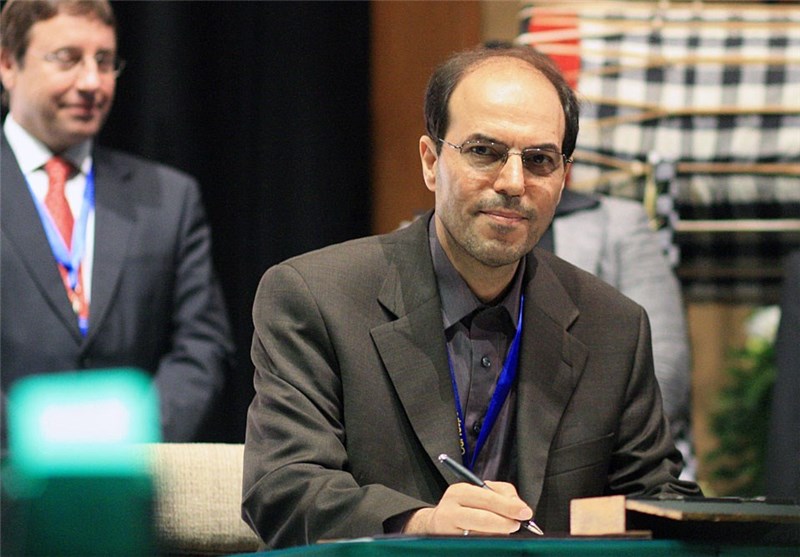TEHRAN – Iran’s deputy ambassador to the United Nations warned against the proliferation of weapons of mass destruction in the Middle East as an outcome of the Israeli regime’s nuclear arsenal and its refusal to join the NPT(Non-proliferation Treaty).
Addressing a meeting of the United Nations Disarmament Commission (UNDC) in New York on Tuesday, Gholam Hossein Dehqani highlighted Tehran’s commitment to establishing a nuclear-weapon-free zone in the Middle East, according to the Tasnim News Agency.
But he described the Tel Aviv regime as a main source of concern about proliferation of weapons of mass destruction in the region.
According to the UN website, Dehqani said there was no promising indication that nuclear-weapon States were contemplating the total elimination of their arsenals, as evidenced by the huge budgets and programs devoted to their modernization in the United States and the United Kingdom.
The United States was in obvious non-compliance with its nuclear disarmament commitments, he continued, adding that all nuclear-weapon States must comply with their legal obligations under Article IV of the NPT and their unequivocal commitment to accomplish the total elimination of their nuclear weapons.
With few exceptions, most non-nuclear-weapon States were deeply frustrated with the consequences of the existing piecemeal approach to nuclear disarmament. The most effective and practical way to achieve the abolition of nuclear weapons was to negotiate a comprehensive nuclear weapon convention, he added.
While Iran had consistently pushed for the establishment of a nuclear-weapon-free zone in the Middle East, the refusal of Israel to abandon its nuclear weapons and accept the NPT had increased the potential for the proliferation of weapons of mass destruction in the region, the envoy noted.
The successful conclusion of the painstaking negotiations between Iran and the P5+1 countries and the European Union had resulted in the Joint Comprehensive Action Plan, which had proven that with serious and sustained negotiations based on a win-win approach, diplomatic solutions to the most technically and politically complex international security issues were within reach, the envoy concluded.
M.Wassouf

